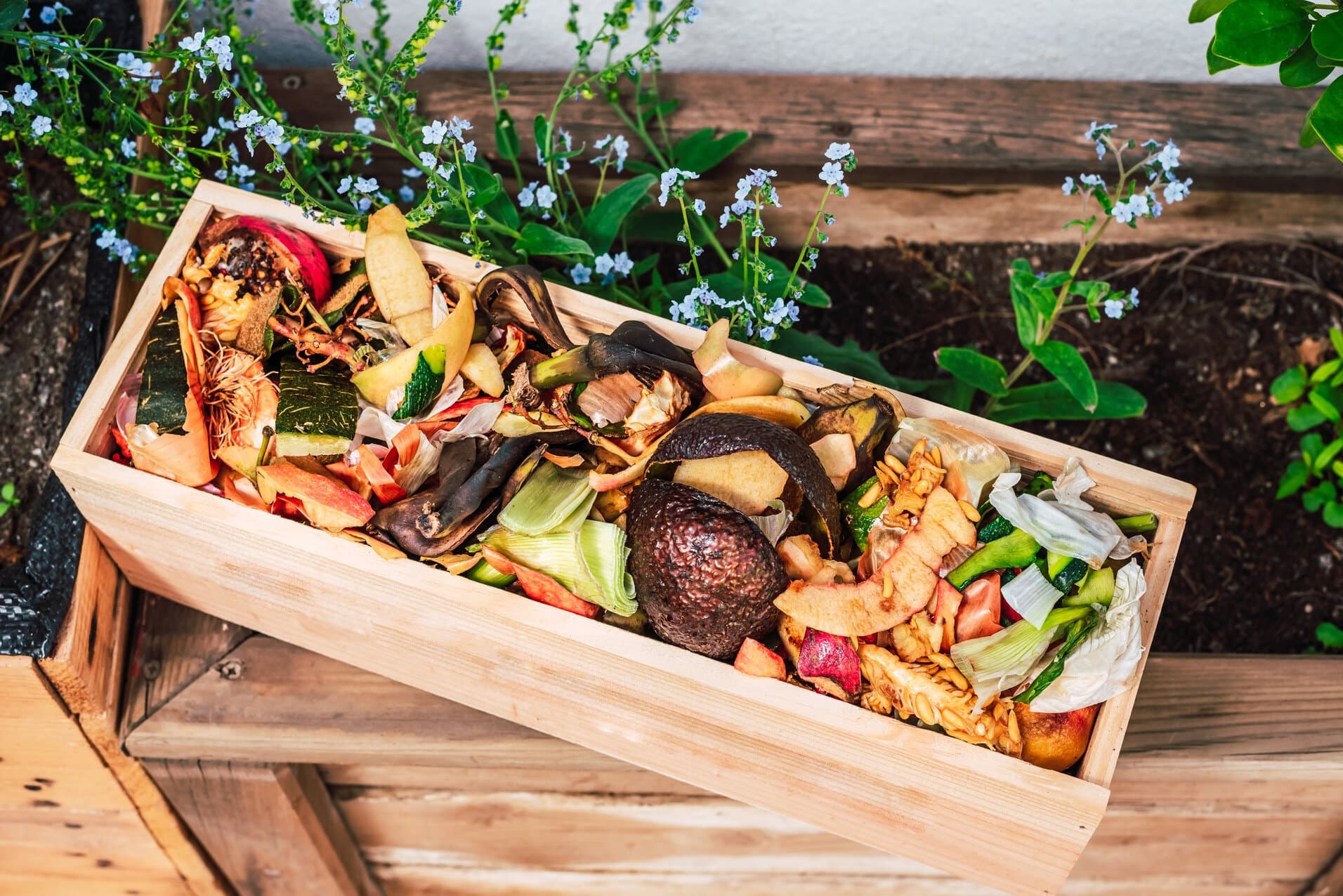- Authors

- Author
- Author
- Name
- Zuzana Slobodova
- Published on
A Beginner's Guide to Transforming Waste into Gold

Composting isn't just for the seasoned gardener; it's a simple, impactful practice that anyone can start, right in their own backyard or even their apartment! Let's unravel the magic of composting together, understand its importance, and get you started on your composting journey.
Why Compost?
Composting is like nature's way of recycling. It's the process of turning organic waste (think fruit peels, vegetable scraps, and yard waste) into nutrient-rich soil that can help your garden thrive. But it's not just about boosting your garden; composting has some serious environmental cred.
Reduces landfill waste: Organic waste in landfills produces methane, a potent greenhouse gas. By composting, you're cutting down on methane emissions which are speeding the climate change.
Enriches soil: Compost adds essential nutrients back into the soil, improving plant health and reducing the need for chemical fertilizers.
Saves water: Compost helps soil retain moisture, which means you'll need to water your plants less.
Encourages biodiversity: The composting process supports a range of microorganisms beneficial to soil health and, by extension, our ecosystem.
Getting Started: Your Guide to Home Composting
Feeling pumped to start composting? Here's how to get your compost pile or bin up and running:
Choose Your Composting Spot: Whether it's a corner of your yard for a compost pile or a compost bin on your balcony, find a spot that works for you. If you're tight on space, consider a worm composting bin, which is perfect for indoors.
Gather Your Greens and Browns: Composting is all about balance. Your 'greens' (kitchen scraps like vegetable and fruit waste, coffee grounds, and eggshells) provide nitrogen, while 'browns' (dry leaves, straw, cardboard) supply carbon. Aim for a roughly equal mix of both for the best composting results.
Layer and Turn: Start with a layer of browns, add a layer of greens on top, and sprinkle a little water to moisten (your pile should be damp, not soaking). Every week or so, give your pile a good turn with a shovel or pitchfork to aerate it, which speeds up the composting process.
Patience is Key: Depending on the conditions (like temperature and how often you turn the pile), composting can take anywhere from a couple of months to a year. You'll know your compost is ready when it looks and smells like rich, dark soil.
Use Your Compost: Spread your homemade compost around plants, mix it into garden beds, or use it as potting soil. Your plants will thank you!
Extra Tips for Composting Success
Cut it small: Smaller pieces of waste break down faster. Chop up your kitchen and yard waste to speed up the composting process.
Keep it covered: A lid or cover helps retain moisture and heat, two essentials for composting. It also keeps pests away.
Balance is everything: If your compost is too wet, add more browns. If it's too dry, add more greens and a bit of water.
No-no's for the compost bin: Avoid composting meat, dairy, and oily foods, as they can attract pests and create odors.
Summary
Composting is a powerful act of environmental stewardship right in your own backyard. It's a simple step that reduces waste, nourishes the earth, and connects us more deeply to the natural world. Whether you're a gardening newbie or a seasoned eco-enthusiast, starting your composting journey is a meaningful way to contribute to a healthier, more sustainable planet.
So, what do you say? Ready to give your scraps a second life and turn waste into wonder? Your composting adventure awaits, and trust me, it's going to be rewarding. Let's get composting!